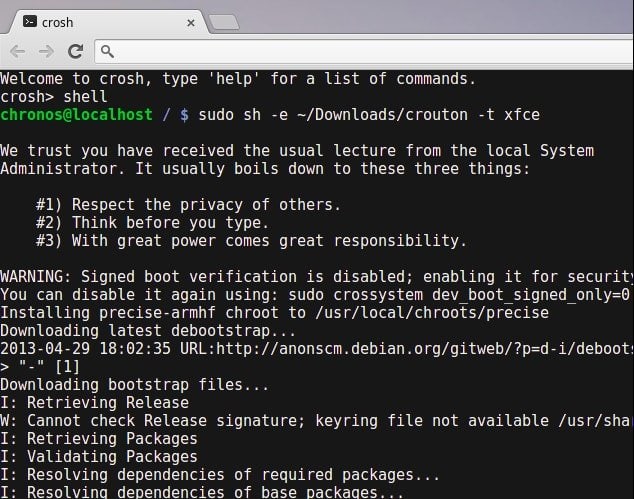

Reading his blog post, it sounds to me that what he's really claiming he put together bits and pieces of a Linux distribution based on the concept of running off of a ram disk. For that matter, the Chrome OS project itself, the one that ended up growing and actually shipped products, didn't exist in 2006 when he claims he invented it. He has certainly not given any input on the project, to the extent of my knowledge. He doesn't see a connection between Nelson's project and today's Chrome OS.
#Download origin for chromebook software#
In a Google+ posting, Antoine Labour, a Google software engineer, and as "one of the 3 original engineers on the project "and now "the most senior engineer currently working on the project," disagreed with Nelson's Chrome OS history. It was also not designed to be a Web-app-oriented operating system but "a super-fast operating system" that resided entirely in RAM.
#Download origin for chromebook code#
In Nelson's take, the Chromebook was not intended to be another device for Web browsing, but a fully functional device for code development for a Google engineer. Nelson added that this "bare-bones Linux distribution," created in 2006, "was initially rejected by Google management" because you couldn't "use it on an airplane." Its interface was also the Firefox Web browser instead of the yet-to-be-invented Chrome Web browser. Jeff Nelson, a former Google engineer, claimed that he created a "a new operating system" that "was originally code-named 'Google OS' and since 2009 has been released to the public under the product names, Google Chrome OS, Chromebook, and Chromebox." For proof, Nelson points to his patent, granted later, for network-based operating system across devices. The actual origin of Chrome OS, even now, is unclear. Chrome OS is quite pretty, but where did Google's Linux desktop did come from? Here is its story.

But how Chrome OS developed from Linux, and exactly what is in Chrome OS today, has been something of a mystery - until now. Many people know that Chrome OS has a Linux foundation. Google's Chrome OS, thanks to the growing popularity of Chromebooks

Google Drive alternative: Decentralized and encrypted


 0 kommentar(er)
0 kommentar(er)
